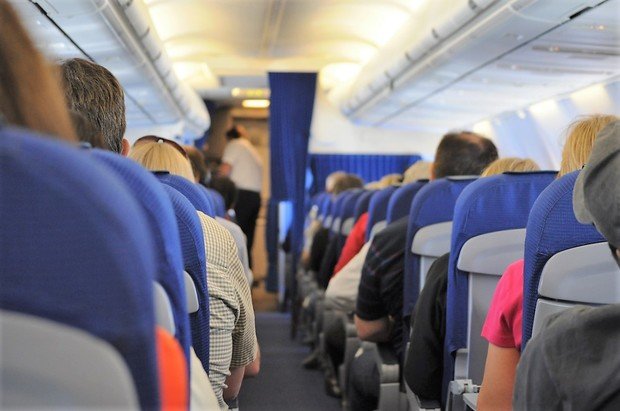Russian air industry suffers lack of qualified pilots
Recent plane crashes showed that a shortage of well-trained professionals can be deadly dangerous
While passenger air traffic in Russia continues to increase, the country's air industry lacks experienced and skilled personnel. The problem aggravated in 2014 when the ruble collapsed and many Russian pilots began chasing higher salaries abroad. According to the most recently available data, flying as a commercial airline passenger in Russia is four times more dangerous compared to the world average.
The Russian air industry is a victim of its own success, states The Atlantic adding that airlines in Russia have struggled to find enough qualified personnel in recent years, while the number of passengers has skyrocketed in the same timeframe. Human factor was named as a reason for several plane crashes that have occurred in Russia over the past few years, including the crash of a Yakovlev Yak-42 carrying the Lokomotiv Yaroslavl hockey team in 2011 and of a Boeing 737 in Kazan in 2013.
In 2009-2015, the number of air passengers in Russia increased twofold to more than 90 million. The industry continues to grow: last year, passenger traffic in Russia grew by 19%. The growth caused a deficit of personnel, which aggravated in 2014 when the ruble collapsed and hundreds of experienced pilots began to seek better salaries abroad. ''If before air companies chose their pilots very carefully and took only the best, later they were forced to take anyone with a diploma, regardless of their real training, so pilot qualification decreased,'' considers Roman Gusarov, editor of AviaRu.net industry website.

A lack of training is another problem that can be deadly dangerous. According to investigation results of the 2012 UTAir ATR-72 crash in Tyumen, the aeroplane's crew failed to recognise the danger of wing ice due to ''deficiencies in the initial and recurrent training''. The 2011 Yaroslavl crash and the 2013 Kazan crash were caused by a poor level of training as well. ''The level of the pilots' professional preparedness, [and] whether they underwent the necessary training'' is considered among the reasons for last month's crash of a Saratov Airlines An-148.
The investigation of the Tyumen crash also found that the pilots had not had enough holidays and rest time. Officially, pilots in Russia can have no more than 90 hours of flight time per month, which is less than in many other countries. However, air worker unions claim that sometimes airlines violate the requirements in order to meet passengers' demand.
Asked about the ways to minimise risks of air travel in Russia, Gusarov recommended choosing airlines with good financial results. ''Then I'm confident that this airline has the money for everything, that they hire the best pilots… and that the planes are maintained in best centres,'' he said.